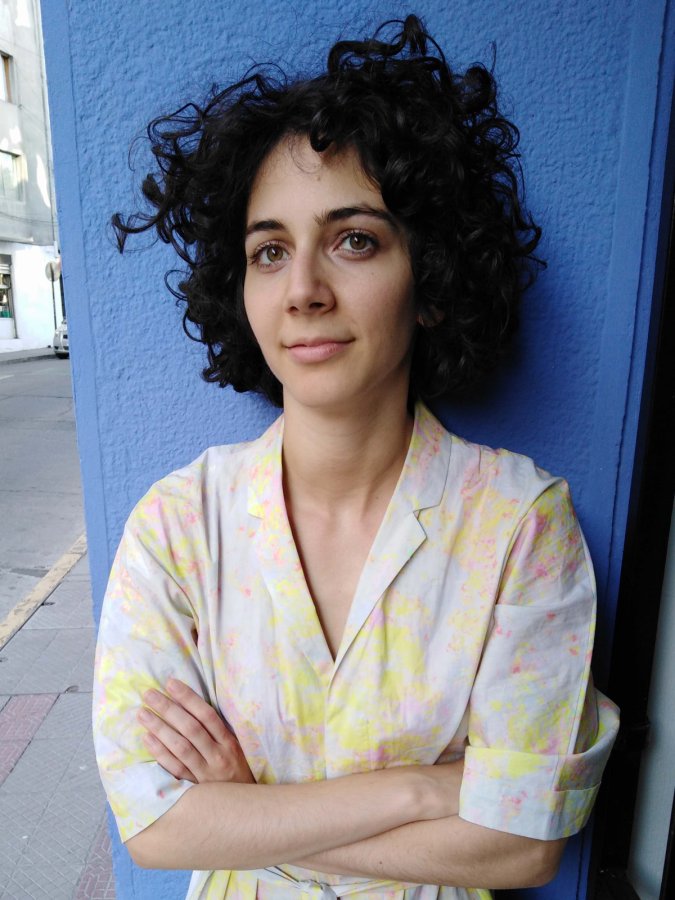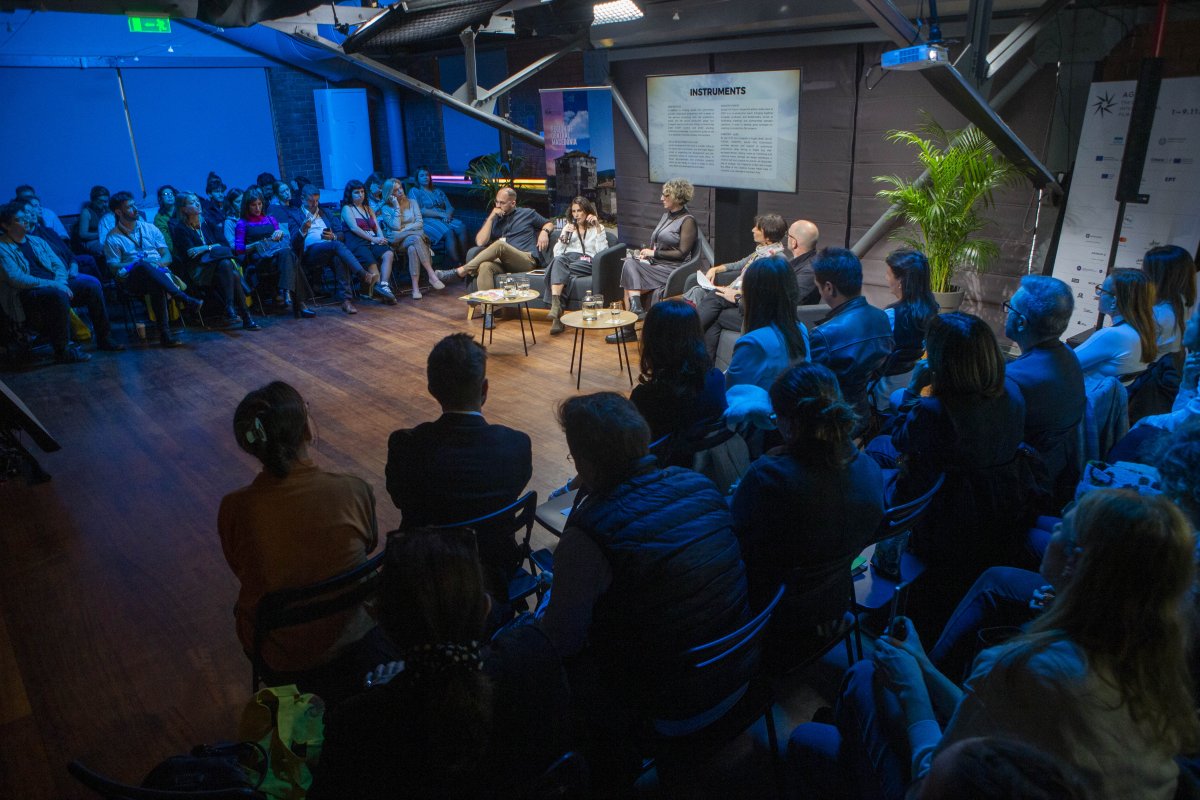48TH THESSALONIKI FILM FESTIVAL
November 16-25 2007
SCREENING OF THE 11th HOUR AND THE PANEL FOR THE ENVIRONMENT
Today on Friday 17th, at 12.30, in the packed John Cassavetes theatre, took place the screening of the film The 11th hour, directed by Leila Conners Petersen and Nadia Conners, and produced by Leonardo Di Caprio. An especially pleasant surprise was the young age of the audience, which was mentioned in the open discussion which followed concerning the environment.
Elias Messinas, president of Ecoweek, introduced and coordinated the discussion, thanking the Thessaloniki Film Festival and Village for the invitation, as well as everyone on the panel and the guests of the event. The panel included Nikolaos Mousiopoulos, Dean of the Polytechnic School of the Aristotle University of Thessaloniki, Agis M. Papadopoulos, associate professor of the Department of Mechanical Engineering of the Polytechnic School at the Aristotle University of Thessaloniki, Ioannis Tsipouridis, President of the Hellenic Wind Energy Association, member of the board of Directors of the European Wind Energy Association and chief editor of the “Anemologia” magazine, and Thanasis Tsigganas, journalist in the newspaper “Kathimerini”.
In his introduction, Mr. Messinas mentioned his joy for the impressive attendance of the audience in the screening of the film, as well as in the discussion which followed. He also mentioned that the particular film moved him with the way it presents the size of the problem with the environment which the coming generations are forced to face.
Mr. Tsipouridis stated that the problem is clearly political, something which is also expressed by the film itself, and mentioned a particular phrase which was heard often in it: “There is no time”. Mr. Mousiopoulos added that in order to deal with the problem there have to be radical changes in the market, which requires global coordination and consent.
Mr. Papadopoulos said that the problem requires more than political decisions and mentioned technology and in particular three possibilities towards this direction, namely: energy conservation through the use of natural resources, increased efficiency and the usage of renewable energy sources, combined with the a change of the population’s attitude towards a more “environmental” approach in our daily lives.
The audience participated in the discussion with questions to the panelists, resulting in a fertile discussion which followed.















